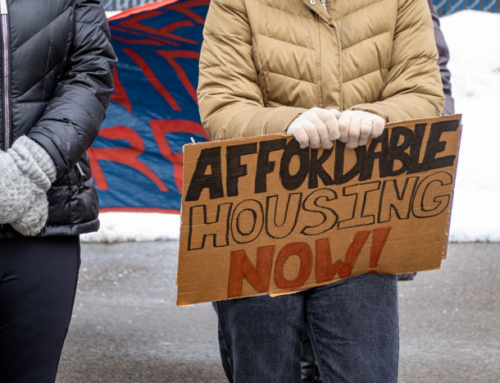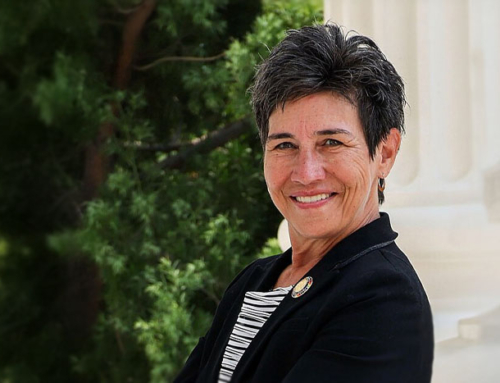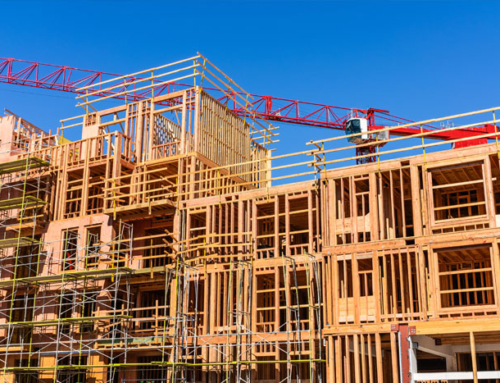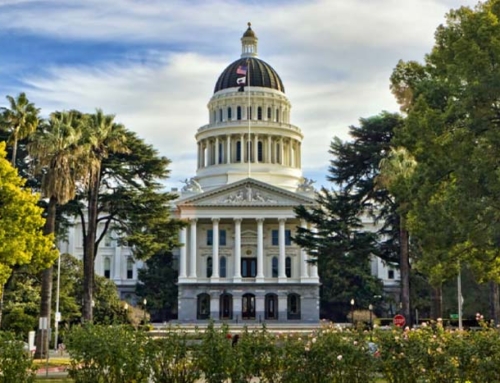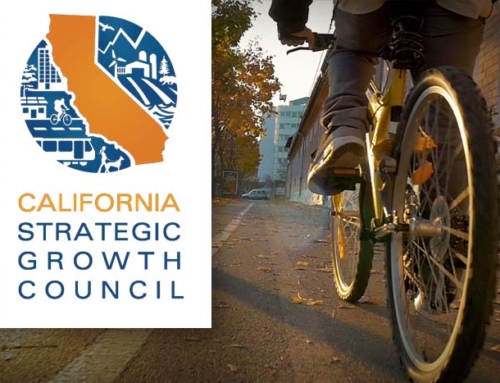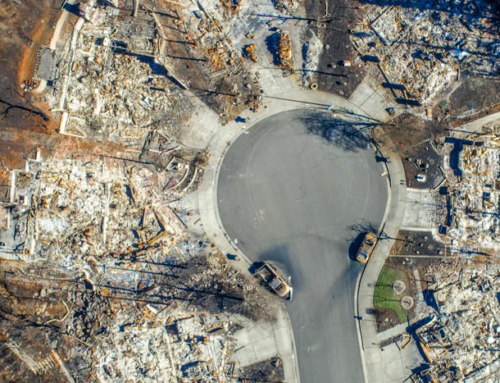In January, Governor Newsom revealed his budget proposal, coined “The California Blueprint,” which sets out his plans for State spending in Fiscal Year 2022-23. With $286.4 billion available—a 9.1% increase over last year—the budget includes significant surplus funds that allow for new one-time investments in key areas.
The Governor laid out budget themes, including COVID, climate change, and public safety, but also two that center on housing—confronting homelessness and tackling the State’s housing crisis.
While the budget proposal includes a new two-year commitment of $4 billion for housing and homelessness, a large investment greater than most years past, the amount is smaller than the $16 billion in new spending allocated in FY 2021-22.
Homelessness
The Governor announced a new $2 billion commitment to be spent over a two-year period, which, when added to the $12 billion appropriated in FY 2021-22, creates a $14 billion investment in homeless solutions. While last year’s funding was largely directed to two programs that revitalized hotels and other buildings to create temporary and permanent housing options, this year’s funding is directed toward fast solutions like tiny homes, treatment beds, and shelter slots. Funding proposals include:
- $1.5 billion for quick and interim solutions that help people move from the streets into behavioral health shelter and treatment ($1 billion in FY 2022-23 and $500 million in FY 2023-24).
- $500 million for encampment removal and cleanups.
- $10.6 million a year for three years for the Returning Home Well Initiative, which offers housing, wrap-around services, and financial assistance to people released from the State’s overcrowded prisons.
- Additional funding for mobile crisis medical teams.
The two-year funding package is expected to create a total of 55,000 new units and treatment slots for those experiencing homelessness.
Housing
The Governor is proposing an additional $2 billion in funding for new grants and tax credits to build affordable homes. Added to last year’s $12 billion commitment, this proposal would direct $14 billion to housing solutions over a two-year period. With a focus on health and climate, incentives will be baked in to ensure that resulting housing is located near daily destinations like schools, transit, and jobs. The Governor announced:
- $500 million for the Infill Infrastructure Grant Program ($225 million in FY 2022-23 and $275 million in 2023-24).
- $300 million for the Affordable Housing and Sustainable Communities Program ($75 million in FY 2022-23 and $225 million in FY 2023-24).
- $100 million to expand affordable development on surplus State land ($25 million in FY 2022-23 and $75 million in FY 2023-24).
- $100 million to provide funding for adaptive reuse to accelerate residential conversions ($50 million in FY 2022-23 and $50 million in FY 2023-24).
- $500 million in funding to expand the State Low Income Housing Tax Credit Program.
- $200 million for the California Housing Finance Agency for loans for mixed-income rental housing that reaches up to 120% of area median income ($50 million in FY 2022-23 and $150 million in FY 2023-24).
- $200 million in funding for the Portfolio Reinvestment Program to preserve targeted units in downtown areas ($50 million in FY 2022-23 and $150 million in FY 2023-24).
- $100 million for the Mobilehome Park Rehabilitation and Resident Ownership Program which provides funding for the preservation and development of the State’s mobilehome parks ($25 million in FY 2022-23 and $75 million in FY 2023-24).
This is the Governor’s first budget proposal and the provisions are likely to change significantly by the time of the May revise, and even more so after undergoing the legislative process. However, it is highly likely that additional funding will be added to programs due to more money being collected than projected—a good problem for the State to have. And while housing supporters are thankful that housing and homelessness are included in the budget proposal, the $4 billion is only a starting point if the State is to meaningfully address the magnitude of the housing need, particularly because it will be allocated over a two-year period. Advocates and supporters will be looking for more opportunities to increase funding for these issues before the budget receives final approval in June.
© LeSar Holdings/LeSar Development Consultants. All Rights Reserved. Please be advised that any republishing of copyrighted material provided by our organization, in whole or in part, requires prior written authorization. For permission, please reach out to [email protected]. We appreciate your understanding and compliance in upholding copyright laws.







